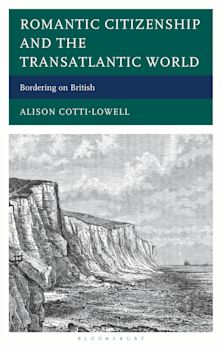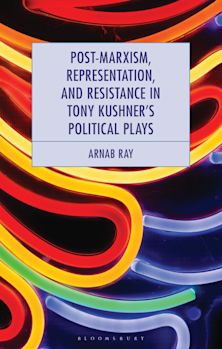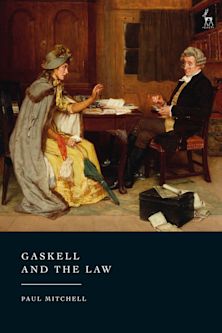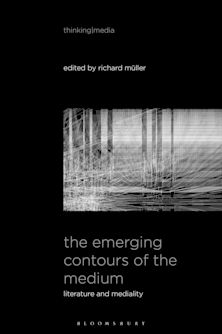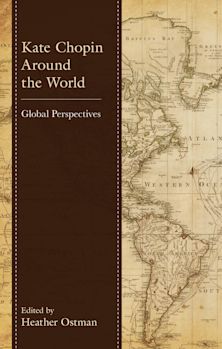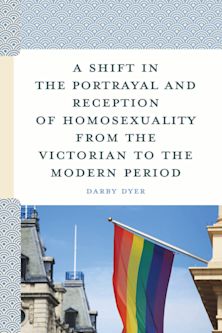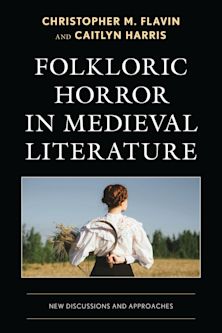- Home
- ACADEMIC
- Literary Studies
- Literary Studies - Other
- Critics and Writers Speak
Critics and Writers Speak
Revisioning Post-Colonial Studies
Igor Maver (Anthology Editor) , Silvia Albertazzi (Contributor) , Anne Brewster (Contributor) , John Hawley (Contributor) , Graham Huggan (Contributor) , Janice Kulyk Keefer (Contributor) , Fukuko Kobayashi (Contributor) , William Peterson (Contributor) , Peter Pierce (Contributor) , Robert L. Ross (Contributor) , J. A. Wainwright (Contributor)
Critics and Writers Speak
Revisioning Post-Colonial Studies
Igor Maver (Anthology Editor) , Silvia Albertazzi (Contributor) , Anne Brewster (Contributor) , John Hawley (Contributor) , Graham Huggan (Contributor) , Janice Kulyk Keefer (Contributor) , Fukuko Kobayashi (Contributor) , William Peterson (Contributor) , Peter Pierce (Contributor) , Robert L. Ross (Contributor) , J. A. Wainwright (Contributor)
This product is usually dispatched within 3 days
- Delivery and returns info
-
Free CA delivery on orders $40 or over
You must sign in to add this item to your wishlist. Please sign in or create an account
Description
This book of new essays investigates the category of the post-colonial as a theoretical concept, discourse, and state of mind. In an international forum of both literary critics and writers, these essays look at contemporary writing in English throughout the world in an attempt to revision the current critical practice of post-colonial studies. Structured as a dialogue between different views, Critics and Writers Speak will add to the self-reflexivity among post-colonial critics, extending the debate and stimulating dialogue about the future of post-colonial studies.
Table of Contents
Chapter 2 Post-Colonial Literatures in English ab origine ad futurum
Chapter 3 Proteus, Gertrude, and the Post Colonial Rag
Chapter 4 Cannibal Rights: Intertextuality and Postcolonial Discourse in the Caribbean Region
Chapter 4 Reading Literatures in English without Theory
Chapter 6 Archaic Ambivalence: The Case of South Africa
Chapter 7 Remembering Whiteness: Reading Indigenous Life Narrative
Chapter 8 Recolonisation and Disinheritance: the Case of Tasmania
Chapter 9 Here and There as Everywhere: Writing On in Monkey Beach
Chapter 10 Maori Theater on Its Own Ground: Moving Past the 'Post' in Post-Colonialism
Chapter 11 Sparring With Shadows, or Is There a Post-Colonial Child?
Part 12 Interviews
Chapter 13 'Magwitch' is Really My Ancestor': Interview with Peter Carey
Chapter 14 Deep Vibrancy of Silence: Interview with Trinh T. Minh-ha
Chapter 15 Interview with the Jamaican Writer Opal Palmer Adisa
Product details
| Published | Mar 28 2006 |
|---|---|
| Format | Paperback |
| Edition | 1st |
| Extent | 196 |
| ISBN | 9780739114056 |
| Imprint | Lexington Books |
| Dimensions | 228 x 162 mm |
| Publisher | Bloomsbury Publishing |
About the contributors
Reviews
-
In this book by Igor Maver, a foremost thinker from post-socialist Slovenia, the term "post-colonial," once a household term with its detailed history of cosmetic whims, takes a vertiginous dip, seethes for a while, with other master signifiers, in the caldron of diasporic theory, to then resurface, humbled and changed utterly.
Chantal Zabus, University of Paris XIII
-
Igor Maver's edited collection of essays and interviews makes an important contribution to the current debate on the future of postcolonial studies.... Maver strikes an admirable balance, acknowledging the accomplishments of post-colonial studies as well as pointing out its exhausted current status.... Both schoarls and students of literature in English will sharpen their sense of the history of the terminology and the issues facing post-colonial studies today by reading Maver's collection of essays and interviews.
Commonweal
-
This lively, intelligent, and wide-ranging book is also very timely. Combining a judicious introduction, essays, and interviews, Critics and Writers Speak: Revisioning Post-Colonial Studies will help its readers to understand one of the most important developments in literary theory of the last twenty years. Charting the movement from post-colonialism understood as post-independence writing to post-colonialism understood as a set of discursive practices, Critics and Writers Speak exhibits the underlying coherence of its subject and forecasts many of its directions of future development. I recommend this book most highly.
Karl F. Zender, University of California at Davis












